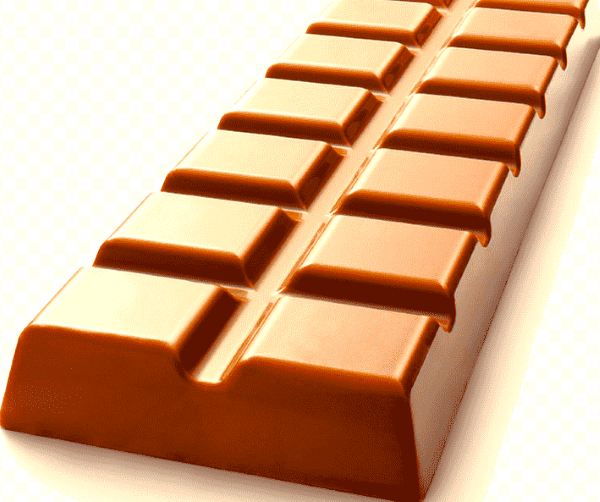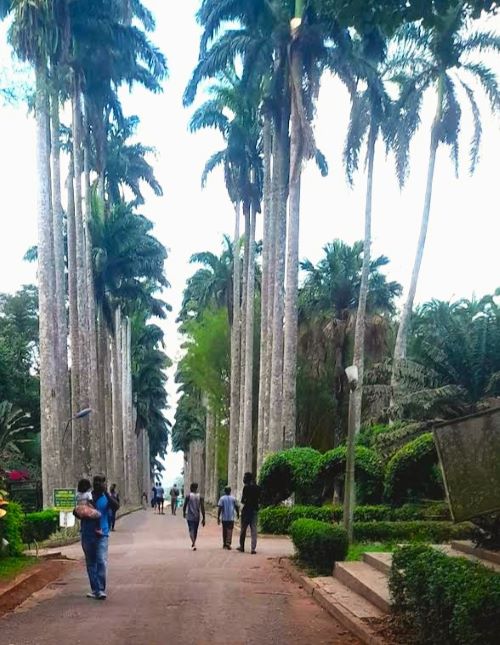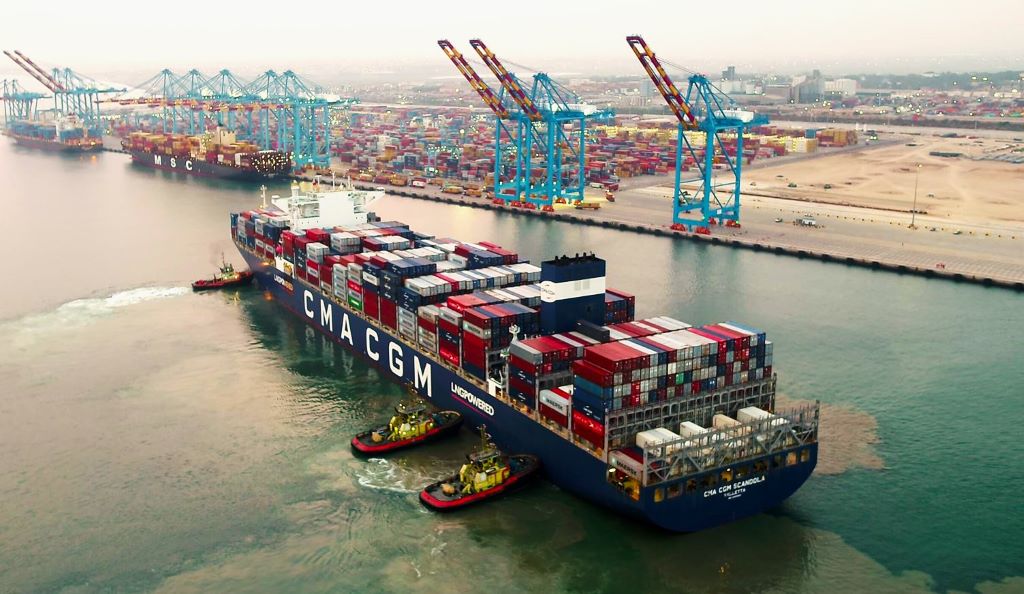Chocolate by EEA MARKETING is a description of my personal journey and experience with the cocoa plant, finishing products by various manufacturers, and consumption. Chocolate is basically a food made from roasted and ground cacao seed kernels that is available as a liquid, solid, or paste, either on its own or often sweetened and flavored as an ingredient in other foods. Imagine eating a piece of chocolate so rich and sweet that it transports you to Ghana’s lush, green heart. Yes, I must admit, I am an incurable chocoholic.
GHANA
This West African country is not just gorgeous and has a rich cultural legacy; it is also one of the world’s top suppliers of high-quality cocoa, which is used in many of your favorite chocolate products. Let us go on a journey to discover the origins of Ghanaian cocoa, its historical significance, and why chocolate lovers and makers around the world should prefer Ghanaian cocoa based products.


Ghana: A Cocoa Juggernaut
Ghana is the world’s second-largest cocoa exporter, shipping about 800,000 metric tons each year. This achievement demonstrates the country’s commitment to producing premium cocoa beans that are sought after worldwide for their distinct flavor profile and exceptional quality. The Ghana Cocoa Board, a vital actor in upholding these high standards, guarantees that each bean passes stringent quality tests before reaching foreign markets.
The Legacy of Tetteh Quarshie and Aburi Town
My trip through the history of Ghanaian cocoa begins with the visionary Tetteh Quarshie, who introduced the first cocoa seeds to Ghana from Fernando Po (now Bioko in Equatorial Guinea) in the late 1800s. His pioneering efforts paved the way for what would become one of Ghana’s most important agricultural exports.
The first cocoa seedling nursery was created in Aburi, a small hamlet in Ghana’s Eastern Region. I have had the opportunity to visit the Aburi Botanical Gardens, where the first cocoa seeds were nursed, and I took a picture, although not quite clear, of the exact spot, to which I have added it below for the reader’s kind perusal. Aburi’s fertile plains and pleasant climate gave it an ideal place for cultivating these seedlings, which were then dispersed throughout Ghana, transforming it into a cocoa hub.



The Port City of Tema: Home of Ghana’s Cocoa Processing Excellence

Tema, a coastal city on the Gulf of Guinea, is not only a vital economic hub but also home to Ghana’s largest cocoa processing facility. This cutting-edge facility creates the world-renowned Portem Pride, which is known for its pure, unadulterated flavor. It is an excellent representation of Ghanaian craftsmanship, capturing the rich, strong flavors associated with Ghanaian cocoa.


Health Benefits of Ghanaian Cocoa and Dark Chocolate
Consuming Ghanaian chocolate is not just a tasty treat; it is also good for your health. Natural cocoa and dark ones are high in antioxidants, which help fight free radicals in the body and lower the risk of chronic diseases. They are also known to benefit heart health, brain function, and mood by increasing endorphin production. The health benefits of eating high-quality dark chocolate are numerous and well-documented by health professionals worldwide. Please entreat yourself with some of the mouth-watering delights below with a purchase by clicking the Amazon buy buttons.
A Call to Chocolate Lovers and Makers
Whether you’re a chocolate connoisseur, a casual consumer, or a chocolatier. Definitely, purchasing chocolate made with Ghanaian cocoa means contributing to a legacy of quality and sustainability. Furthermore, Ghana’s cocoa growers are aided by groups such as the Ghana Cocoa Board and worldwide chocolate brands. Subsequently, adopt sustainable agricultural practices that safeguard the environment and ensure fair remuneration for farmers.
By selecting Ghanaian chocolate, you are not only treating yourself to an amazing culinary experience, Moreover, you are also making a good social impact. Unquestionably, Ghanaian cocoa has a rich history of tenacity, dedication, and exceptional quality. Please indulge yourself with some of the goodies below with a purchase by clicking the Amazon buy buttons.
CONCLUSION
So, every time you go for a chocolate bar, remember Ghanaian cocoa’s rich history and outstanding flavor. In addition, indulge in the delicacy of Ghanaian cocoa and join us in commemorating its incredible journey from bean to bar. Discover the deliciousness of Ghanaian chocolate today, and let each bite remind you of its rich history and the hands that nurture this precious crop. Try and buy my book with some chocolate-based recipes: https://eea-marketing.com/blog/migold-gari-recipe-book/. Even when it is not made in Ghana, there is always a high chance that the cocoa used came from Ghana. Therefore, enjoy the flavor, remember the history, and support a sustainable future with Ghanaian cocoa. Thanks for your purchase.
SOURCES:
1. Ghana Cocoa Board: cocobod.gh
2. International Cocoa Organization: icco.org
3. Ghana Museums and Monuments Board: ghanamuseums.org
4. Ghana Tourism Authority: visitghana.com
5. Portem Pride: goldentreeghana.com
6. Harvard T.H. Chan School of Public Health: hsph.harvard.edu
7. Fairtrade International: fairtrade.net
8. World Cocoa Foundation: worldcocoafoundation.org







